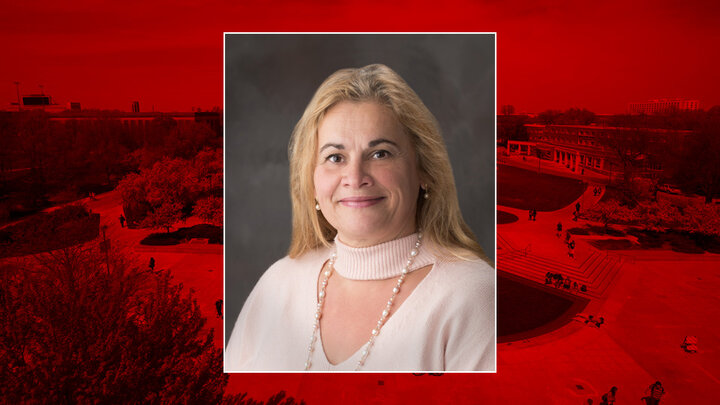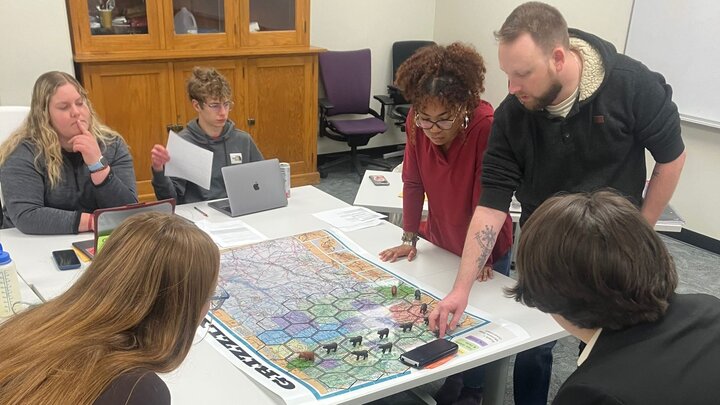Sophia Perdikaris had research published by the Proceedings of the National Academy of Sciences.
She and her colleagues developed a biocultural study of fallow deer. From the abstract:
"Over the last 10,000 y, humans have manipulated fallow deer populations with varying outcomes. Persian fallow deer (Dama mesopotamica) are now endangered. European fallow deer (Dama dama) are globally widespread and are simultaneously considered wild, domestic, endangered, invasive and are even the national animal of Barbuda and Antigua...There is no consensus regarding their natural ranges or the timing and circumstances of their human-mediated translocations and extirpations...Our mitochondrial analyses of modern and archaeological specimens revealed two distinct clades of European fallow deer present in Anatolia and the Balkans...By combining biomolecular analyses with archaeological and textual evidence, we chart the declining distribution of Persian fallow deer and demonstrate that humans repeatedly translocated European fallow deer, sourced from the most geographically distant populations...The biocultural histories of fallow deer challenge preconceptions about the divisions between wild and domestic species and provide information that should underpin modern management strategies."
Perdikaris is Happold Professor of Anthropology and director of the School of Global Integrative Studies.




